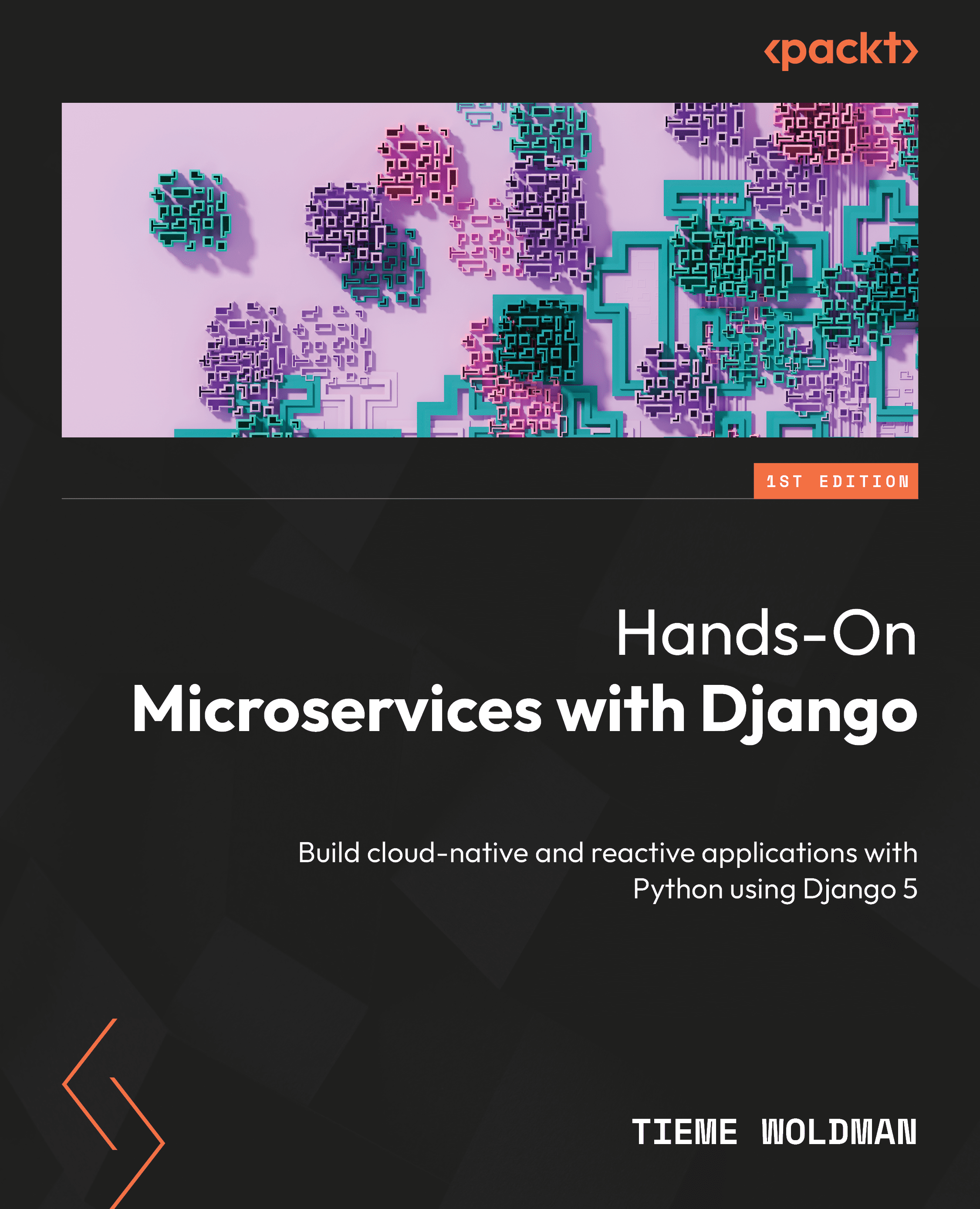Interview with Tieme Woldman is the author of Hands-On Microservices with Django; we got the chance to sit down and find out more about his experience of writing with Packt.
Q: What is the name of your book?
Tieme: Hands-On Microservices with Django
Q: What are your specialist tech areas?
Tieme: Python/Django web development and technical writing
Q: How did you become an author for Packt? Tell us about your journey. What was your motivation for writing this book?
Tieme: Packt approached me to write this book, and I was honored because I find it valuable to share my knowledge and help others. It was a big job I learned from as a developer and writer myself. And the cooperation with Packt was excellent. All in all, a great experience.
Q: What kind of research did you do, and how long did you spend researching before beginning the book?
Tieme: I had to learn a new tool for task queue management, and I followed tutorials and walked through GitHub repositories, which took me some weeks.
Q: Did you face any challenges during the writing process? How did you overcome them?
Tieme: No, actually, no. The process went smoothly.
Q: What’s your take on the technologies discussed in the book? Where do you see these technologies heading in the future?
Tieme: As part of the SaaS concept and cloud computing, I think microservices will emerge because user experience and scalability will become increasingly critical.
Q: Why should readers choose this book over others already on the market? How would you differentiate your book from its competition?
Tieme: This book is hands-on and focuses specifically on microservices with Django.
Q: What are the key takeaways you want readers to come away with from the book?
Tieme: The key takeaways are the approach and examples that allow readers to start building microservices with Django immediately.
Q. What advice would you give to readers jumping into this technology? Do you have any top tips?
Tieme: Become familiar with the basic concepts of video editing, particularly an understanding of the principle that editing is removing unwanted material rather than just adding bells and whistles.
Q: Can you share any blogs, websites, and forums to help readers gain a holistic view of the tech they are learning? What are the key takeaways you want readers to come away with from the book?
Tieme: https://www.youtube.com/c/VideoTutors
Q. How would you describe your author’s journey with Packt? Would you recommend Packt to aspiring authors?
Tieme: Use tools like Celery and Redis that have proven themselves in practice.
Q. Do you belong to any tech community groups?
Tieme: I belong to the Python, Django, and Technical writing groups on LinkedIn.
Q. What are your favorite tech journals? How do you keep yourself up to date on tech?
Tieme: I browse the Django forum from time to time and I follow several (Django) authors.
Q. How did you organize, plan, and prioritize your work and write the book?
Tieme: Even if I say so myself, I am a fast writer. This kept the time manageable and allowed me to combine it well with my work. And I wrote for 4 hours (fixed) every day which gives a good cadence and motivation because you see progress.
Q. What is that one writing tip that you found most crucial and would like to share with aspiring authors?
Tieme: After writing, put your work away for a day or so and then read it back aloud. This will help you assess your work better and hear the mistakes and improvements immediately.
Q. Would you like to share your social handles? If so, please share.
Tieme: https://www.linkedin.com/in/tiemewoldman/
You can find Tieme’s book on Amazon by following this link: Please click here









